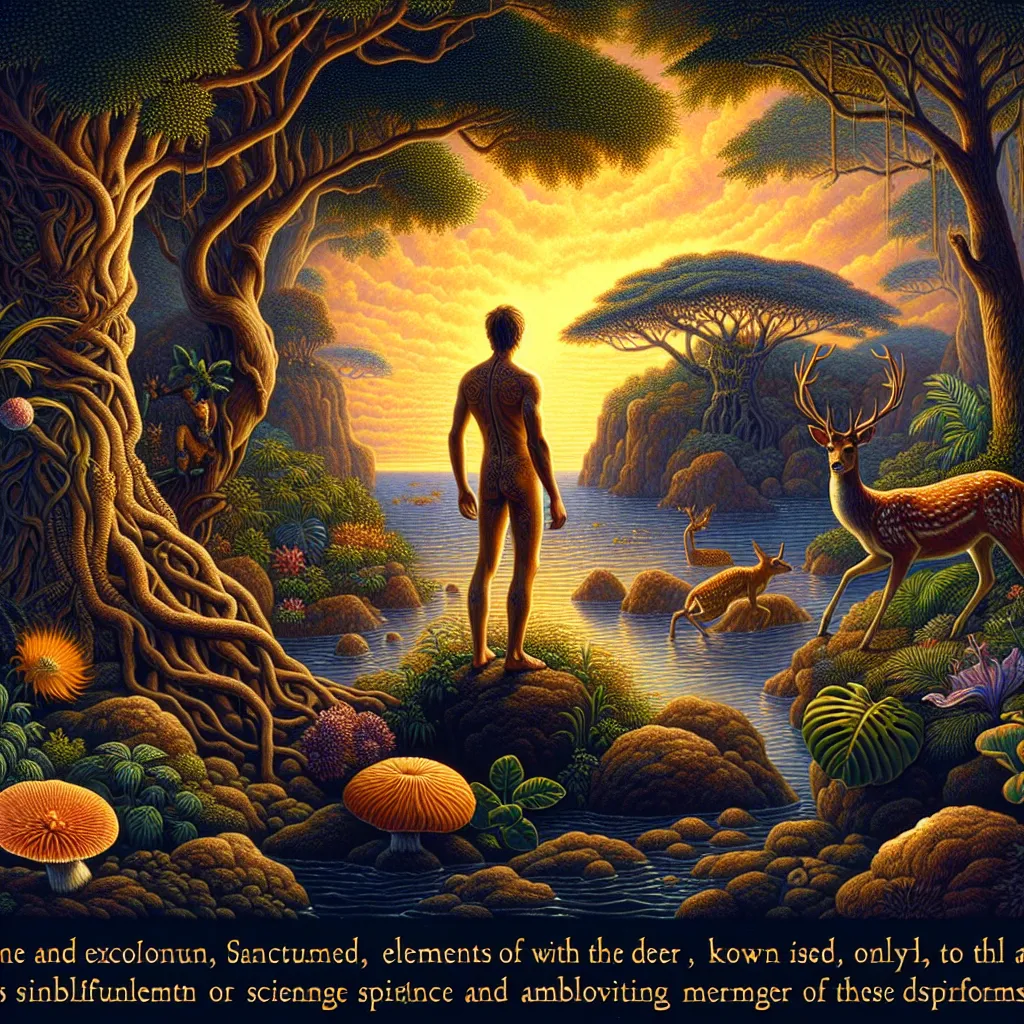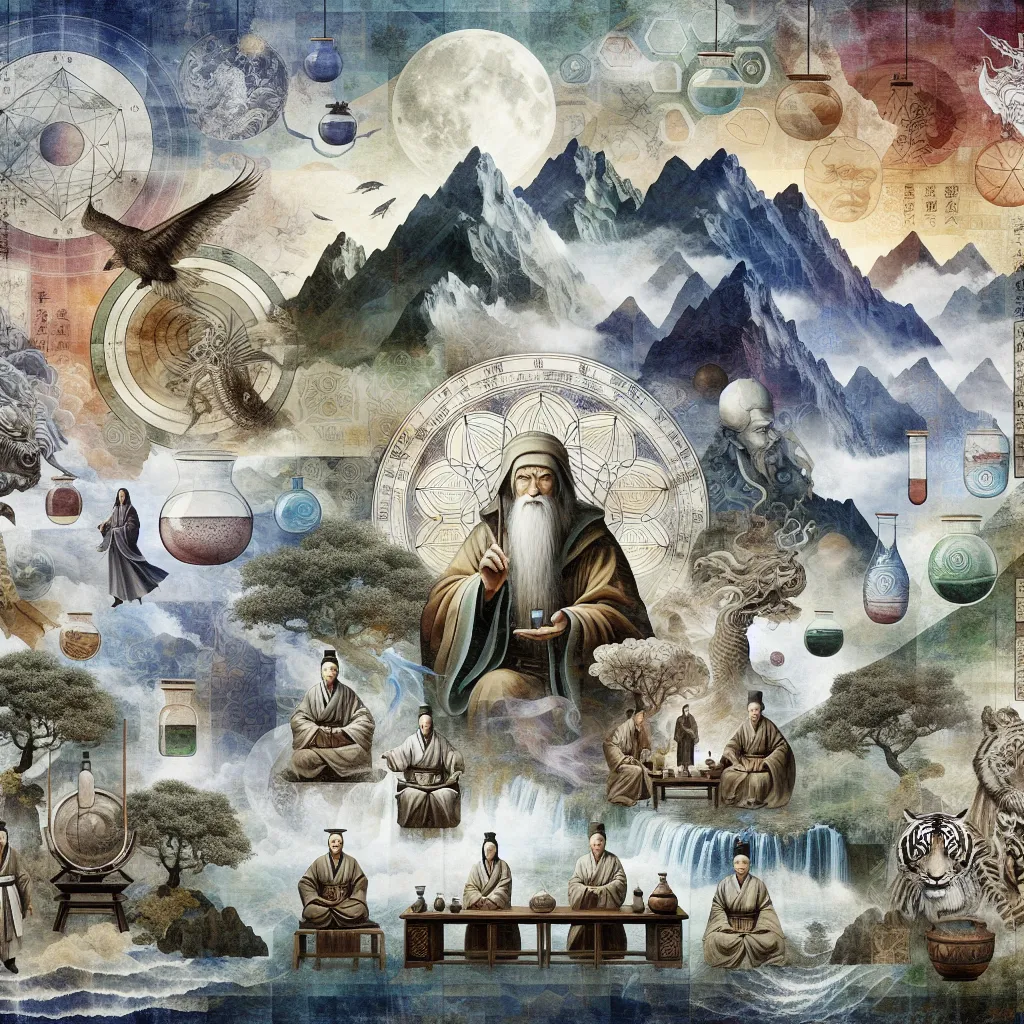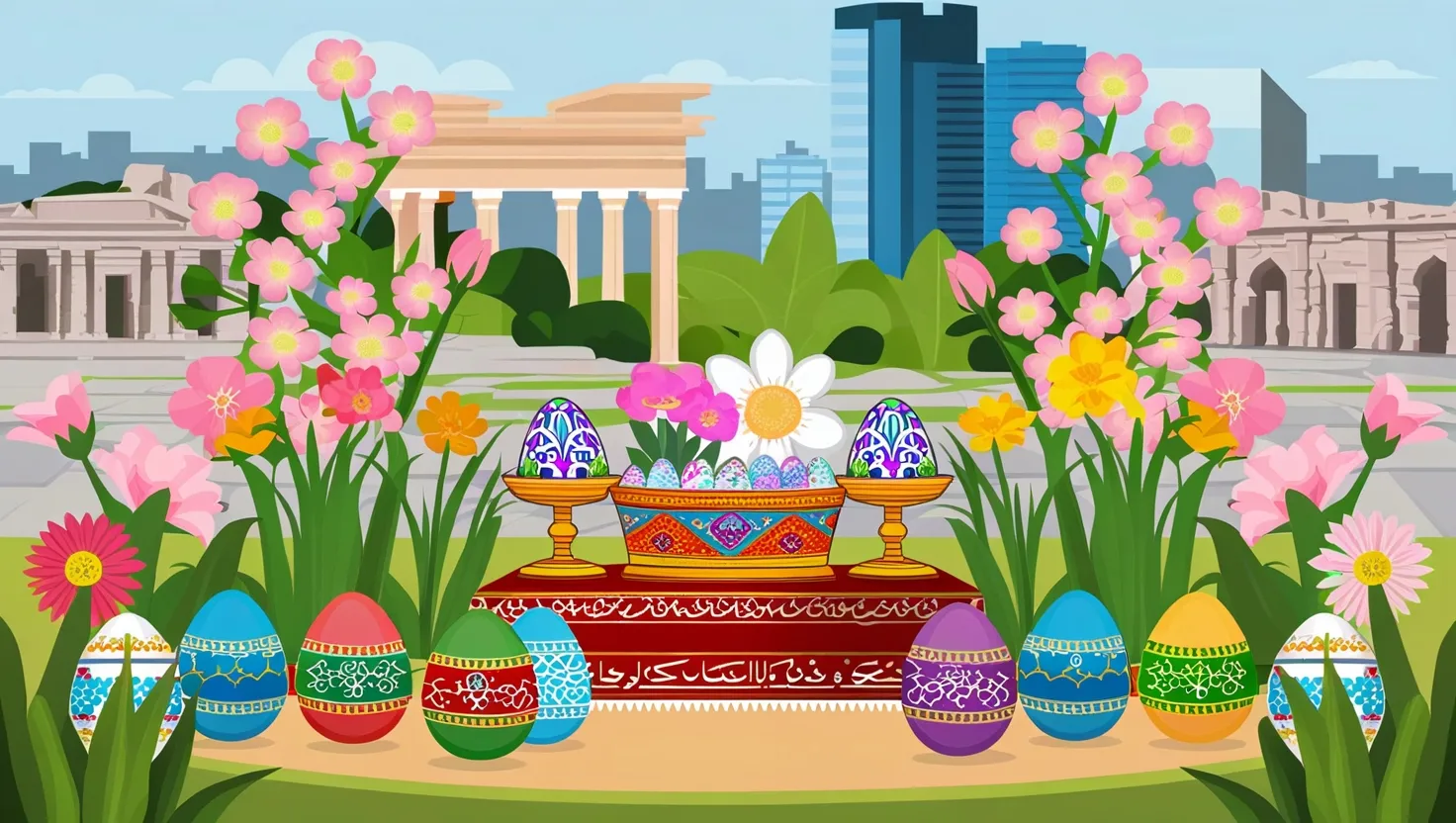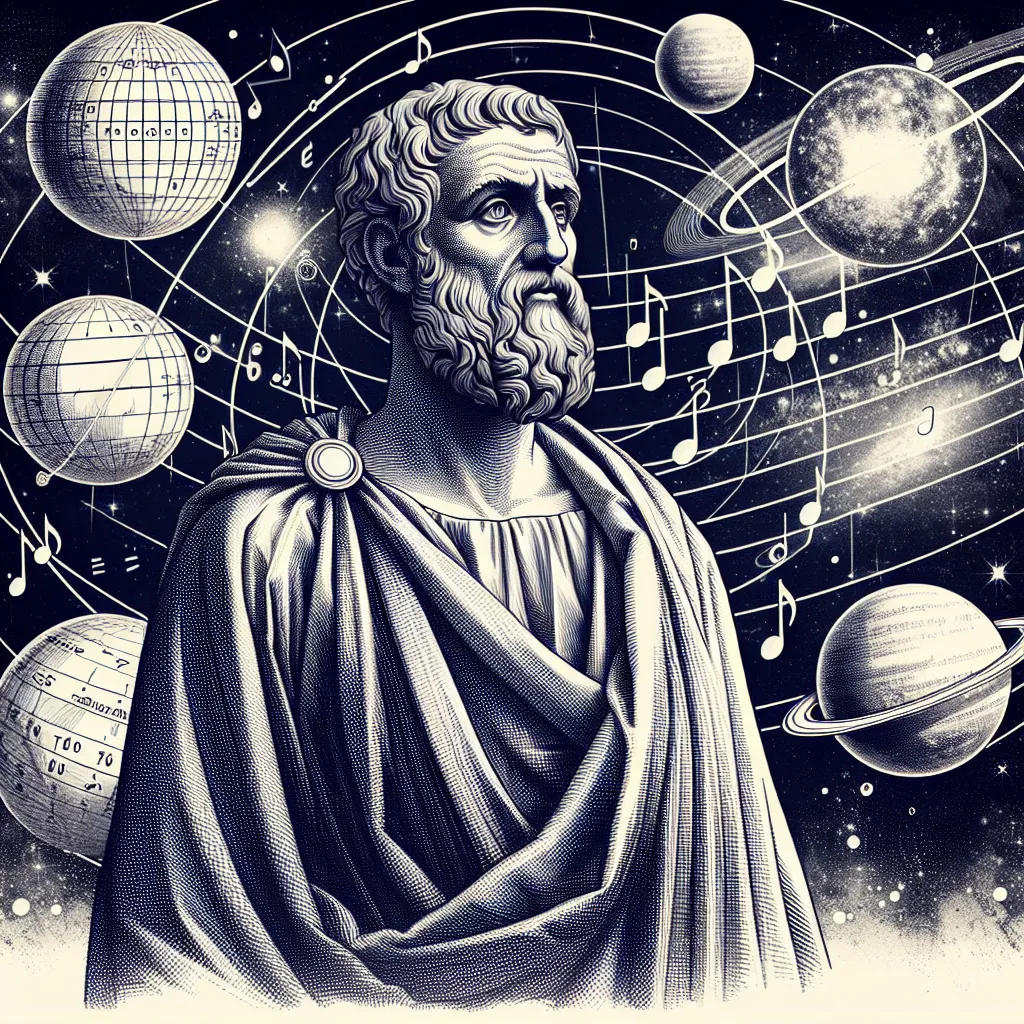Hey there! Today let’s dive into a fascinating story — a hidden gem from the past that’s had a massive influence on the world as we know it. This is about a book called “Hayy ibn Yaqzan,” penned by Ibn Tufail in the 12th century.
This isn’t just any old book. Written in Arabic, it’s a groundbreaking blend of philosophy, theology, and science. Some say it even nudged the European Enlightenment into action. Imagine that — a book that was way ahead of its time!
Ibn Tufail, its mysterious author, lived in what is now Spain, under the cultural umbrella of Al-Andalus. It was a hotspot for scholarly and artistic brilliance. The atmosphere must have been electric with folks like Averroes, Ibn Arabi, and Maimonides sharing ideas. Tufail himself straddled the roles of physician and philosopher, making him an incredibly versatile figure.
“Hayy ibn Yaqzan” (which loosely translates to “Alive, Son of Awake”) tells a story that’s kind of the anti-”Lord of the Flies.” Instead of humans being inherently savage, this tale argues that we’re fundamentally good and capable of intellectual and spiritual enlightenment, even in total isolation.
The main plot revolves around Hayy, who grows up alone on an island. He begins as a kind of feral child, raised by a compassionate deer. As he matures, he realizes he’s unlike other animals. Driven by curiosity and intellect, he embarks on a journey of self-discovery and scientific exploration. This makeshift island lab becomes his school, and he learns to reason and experiment like a natural philosopher.
A moving episode occurs when Hayy’s deer-mother dies. It’s his first encounter with death, and through a process reminiscent of early autopsies, he concludes that the soul is what gives life its essence. This moment sets Hayy on a path toward understanding the physical and spiritual worlds.
Later, Hayy meets Absal, another human who comes to the island seeking solitude and spiritual growth. Absal is stunned to discover that Hayy, without any societal or religious guidance, has arrived at a profound understanding of divine truth. They eventually return to Absal’s society, where Hayy critiques the need for religious rituals to express divine knowledge, favoring pure intellectual enlightenment.
In his critique of society’s reliance on symbols and rituals, Hayy suggests that true knowledge of the divine is accessible to all through introspection and reason, transcending cultural and religious boundaries. However, he also acknowledges that most people need these symbols to grasp spiritual truths, given their intellectual limitations.
The book’s themes are incredibly current. It explores the concept of “tabula rasa” — the idea that humans are born as blank slates — which was later popularized in the West by John Locke. Ibn Tufail delves into empirical science, the interconnectedness of all things, and the potential for individual enlightenment, prefiguring many aspects of modern thought.
“Hayy ibn Yaqzan” isn’t just a historical artifact. It’s a vibrant philosophical tale that’s still relevant today, raising timeless questions about human nature, society, and the essence of knowledge. Its portrayal of a self-taught philosopher challenges us to think critically and deeply, even in our fast-paced, digitally driven lives.
So, what do you think? Can someone really achieve profound intellectual and spiritual heights all by themselves, as Hayy did? Or is this just fictional optimism? Drop your thoughts in the comments. Thanks for joining this literary journey!






